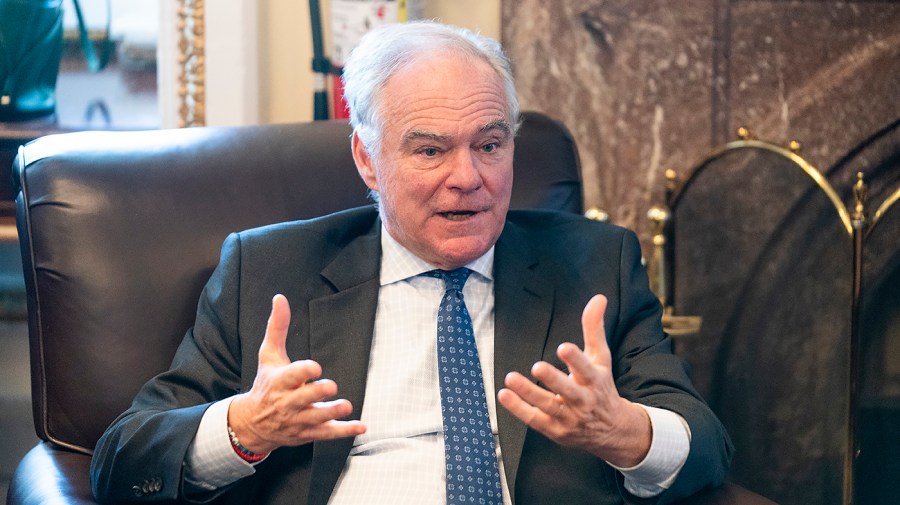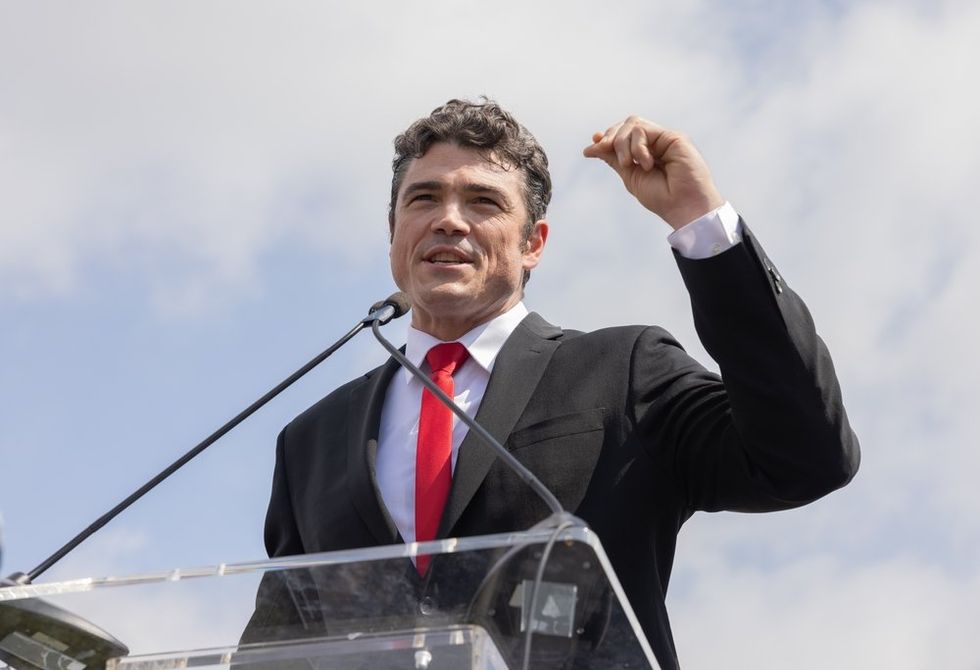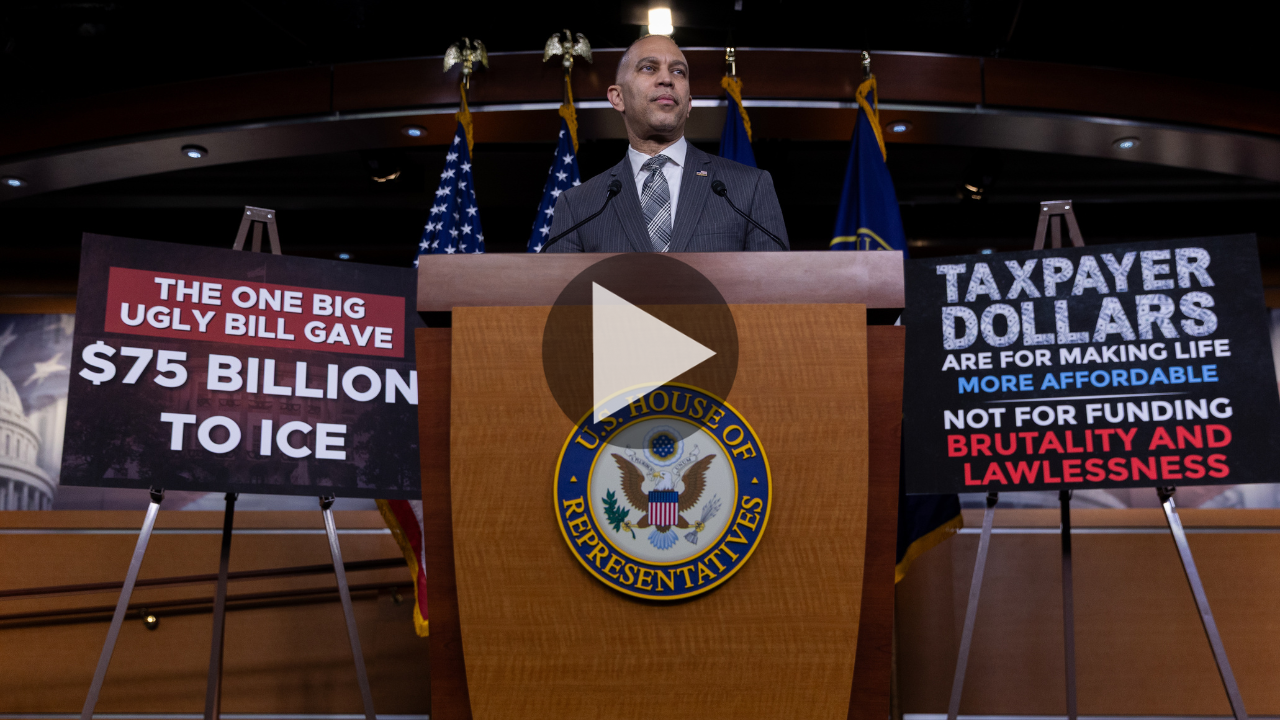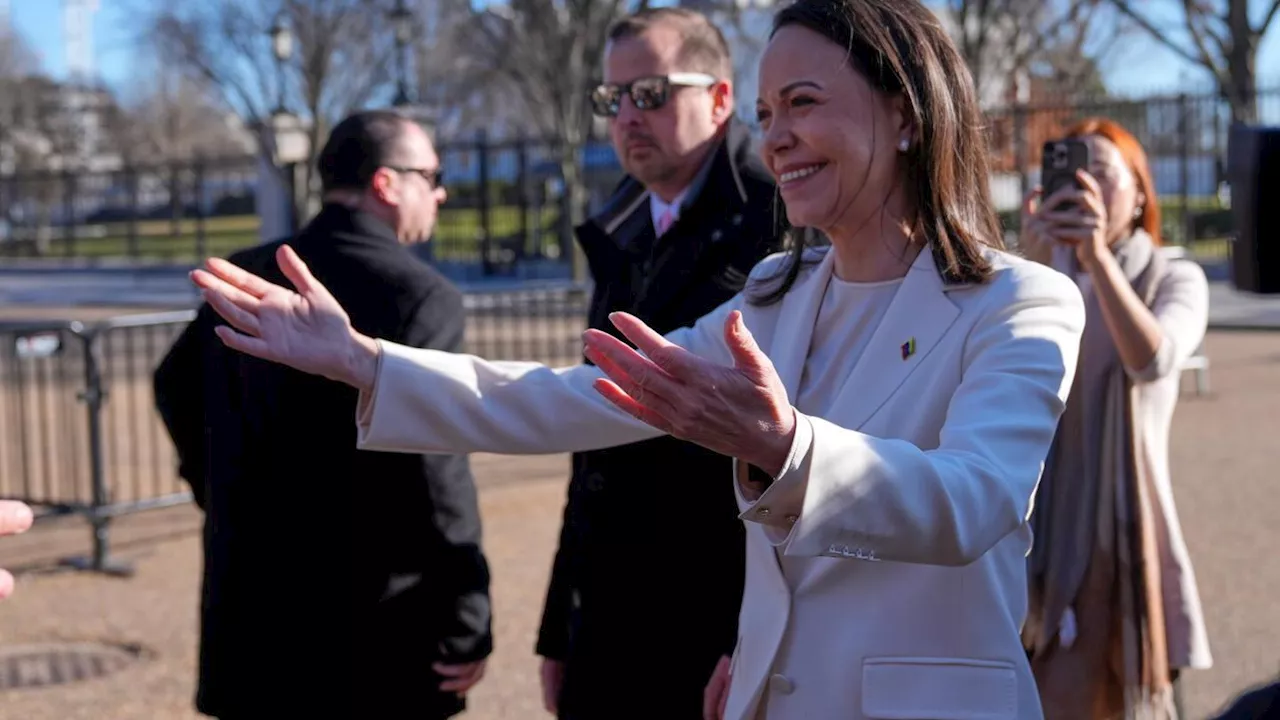Senator Tim Kaine (D-Va.) announced on Sunday his support for a legislative deal aimed at reopening the government. This agreement comes despite the absence of a commitment to extend enhanced health insurance subsidies for federal employees. Kaine, who represents over 144,000 federal workers in Virginia, emphasized the significance of protections included in the deal, particularly for those impacted by past government shutdowns.
The proposed legislation mandates that the Trump administration reinstate thousands of federal employees who were terminated during previous reductions in force (RIF). It also prohibits any further layoffs by the president’s Office of Management and Budget until January 30, 2026. If the continuing resolution negotiated by lawmakers is extended past this date, the protections against firing federal employees will remain in effect for the duration of the subsequent spending measure.
Kaine cited the safeguarding of federal workers as a decisive factor in his endorsement of the agreement. He remarked on the importance of a guaranteed Senate vote regarding the extension of subsidies under the Affordable Care Act. While acknowledging the uncertainty of securing the necessary 60 votes for passage, he expressed optimism about advancing the issue.
“I have long said that to earn my vote, we need to be on a path toward fixing Republicans’ health care mess and to protect the federal workforce,” Kaine stated. “This legislation will protect federal workers from baseless firings, reinstate those who have been wrongfully terminated during the shutdown, and ensure federal workers receive back pay, as required by a law I got passed in 2019. That’s a critical step that will help federal employees and all Americans who rely on government services.”
Kaine presented the details of the protections for federal workers during a two-hour Senate Democratic caucus meeting on Sunday evening. His support marks a pivotal moment as lawmakers navigate the complex landscape of government funding and employee rights.
As negotiations continue, the focus remains on balancing the needs of the federal workforce with the broader implications of government funding and health care policy. The outcome of this legislative proposal will have lasting effects on the federal workforce and the services they provide to the public.







